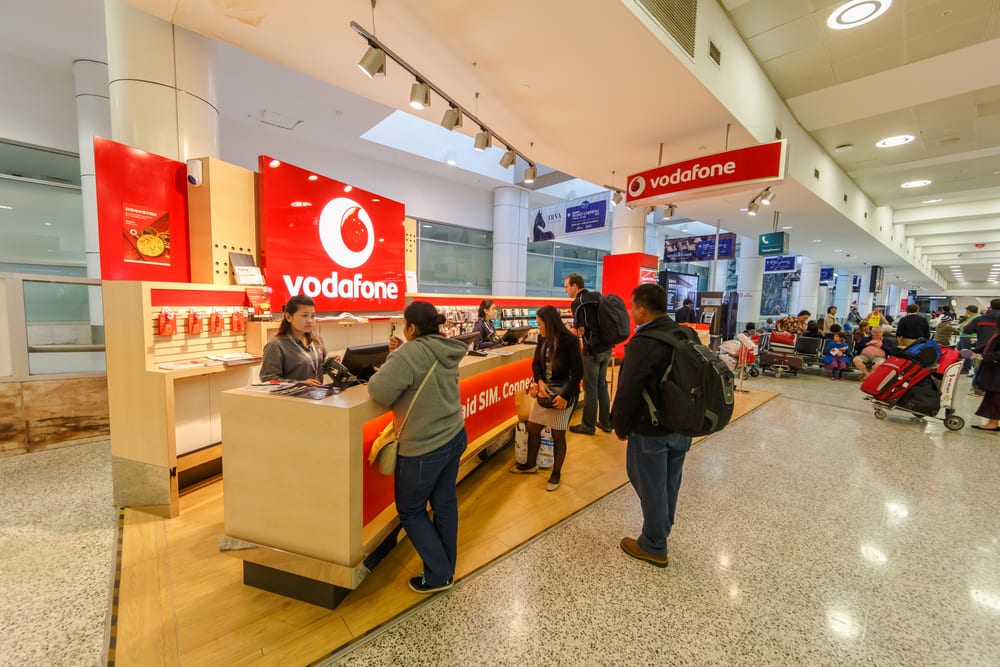Key points:
- Iliad, the French group, has offered £10 billion for Vodafone’s Italian business
- Is this the start of the breakup of the Vodafone Group?
- If it is, will shareholders benefit?
- Vodafone Could Sell Out Of UK – A Good Idea?
Vodafone Group PLC (LON: VOD) has been under pressure from the Swedish strategic investor, Cevian Capital, for some time now. As we discussed before about Vodafone, the argument is that mobile telecoms is a mature business now, there are no new markets to conquer. The business swallows capital – that progression from 3G to 4G to 5G – but everyone who is ever likely to gain a mobile already has one.
Vodafone’s business thus relies on efficiency in management, not an expansion of the base business idea. This could well mean that disposals of some parts of the business, to concentrate upon others, could boost the share price. That’s the case being made at least.
Vodafone seems to be listening to this, their recent announcement of a reorganisation of how corporate business is structured would make the disposal of any one – or more – country units easier.
At which point there is now a bid for €11 billion (call it £10 billion among friends) and change for the Italian business. This comes from Iliad, the French mobiles business.

Also Read: The Best UK Blue-Chip Companies to Invest In
What does this then mean for the Vodafone share price? That depends, largely, on two things. How far do us as investors think the current management might go in deconstructing the group and what will they do with the money if they do?
Selling off the Italian arm, say, or the other current rumour of dropping the UK business, would produce that substantial capital sum. This could be used to pay down debt, buy-in shares, pay a special dividend. Or, of course, go and buy some other business to increase presence in some other market.
The Vodafone share price is likely to rise the more of the current business the management decide to cash in. That’s fairly obvious. But what makes Vodafone different is that the more capital they decide to return to shareholders the more it will rise. For this has happened before. Vodafone sold off the Verizon business in the US and returned the capital to shareholders – some combination of cash and stock in the floated off Verizon. This was considered to be a much better idea than Vodafone management going and spending the money on something else.
That is, as the decision moved between reinvesting internally and paying out the gains, the stock rose the less reinvestment was likely to happen.
It’s a reasonable assumption that this would happen again. For, as is the starting point of the analysis, the mobiles business is a mature one, there are no new territories to conquer. So, return the capital to shareholders from any sales and allow them, – or us that is – to allocate the capital to other business lines instead.
It’s possible that Vodafone management will agree to sell off large portions of the current business. The more they agree to pay that capital back to shareholders possibly the better the Vodafone share price will do.
